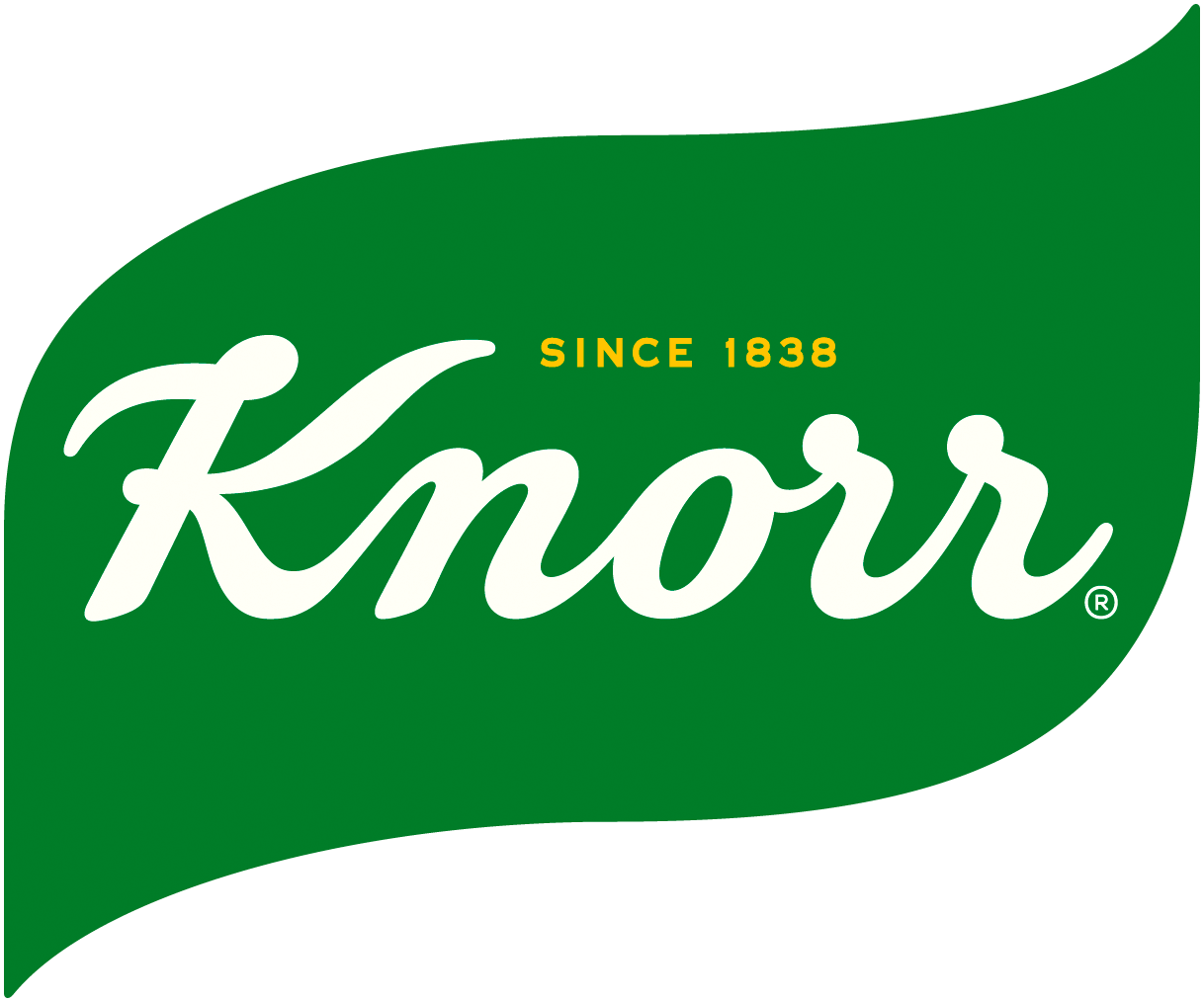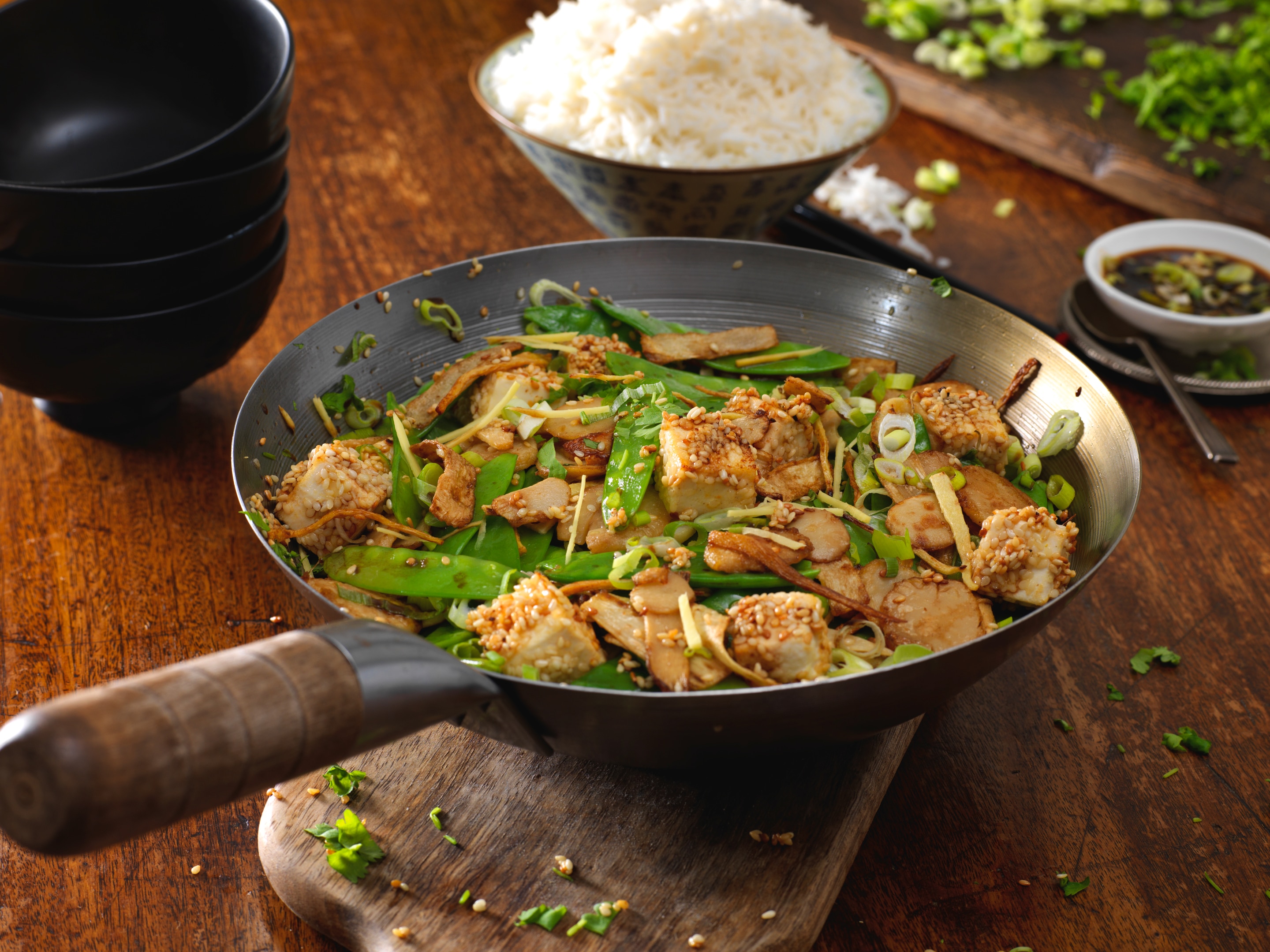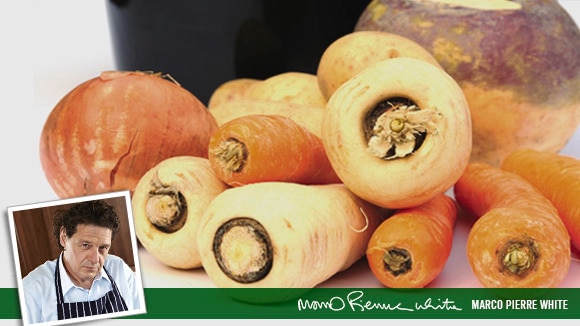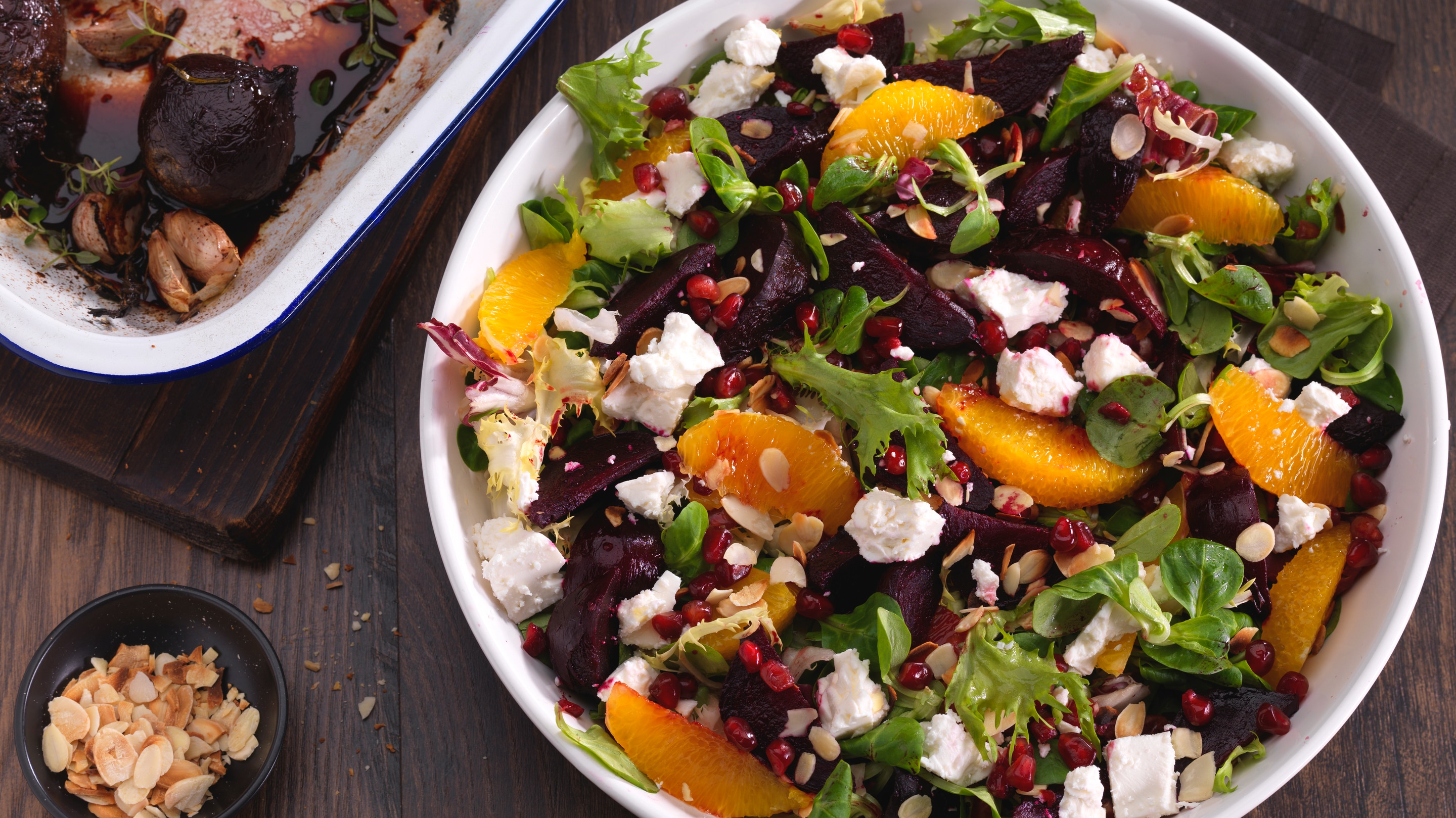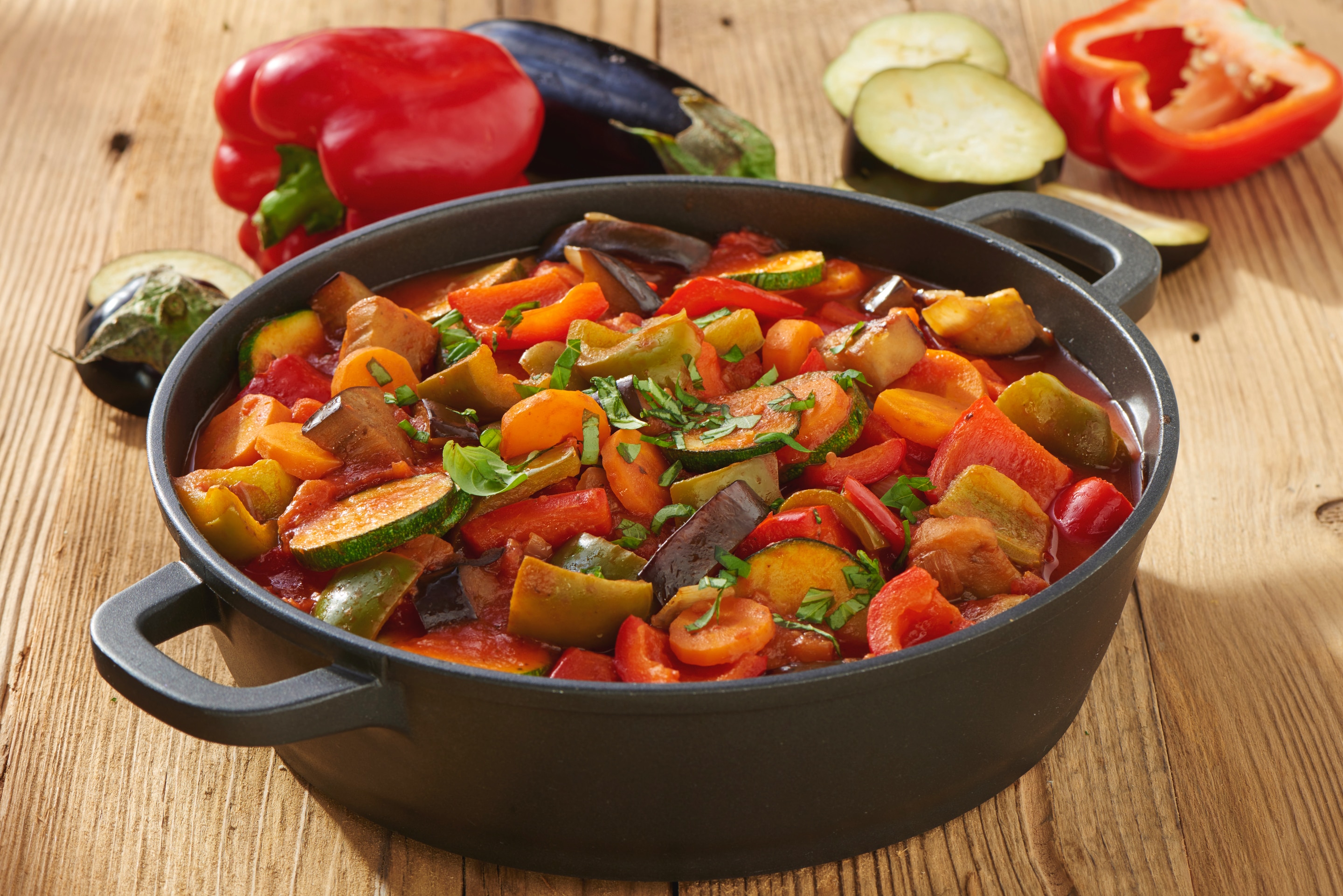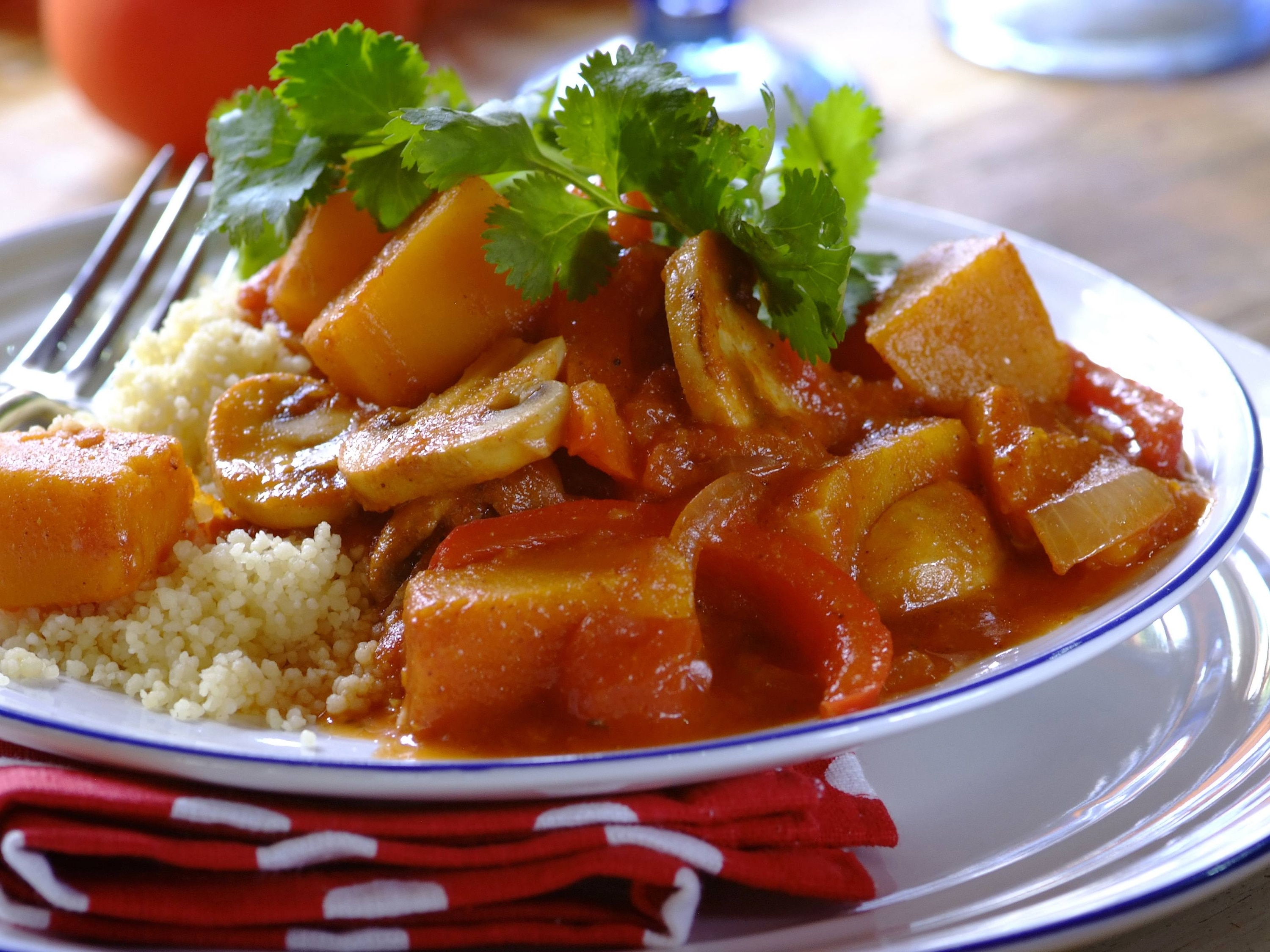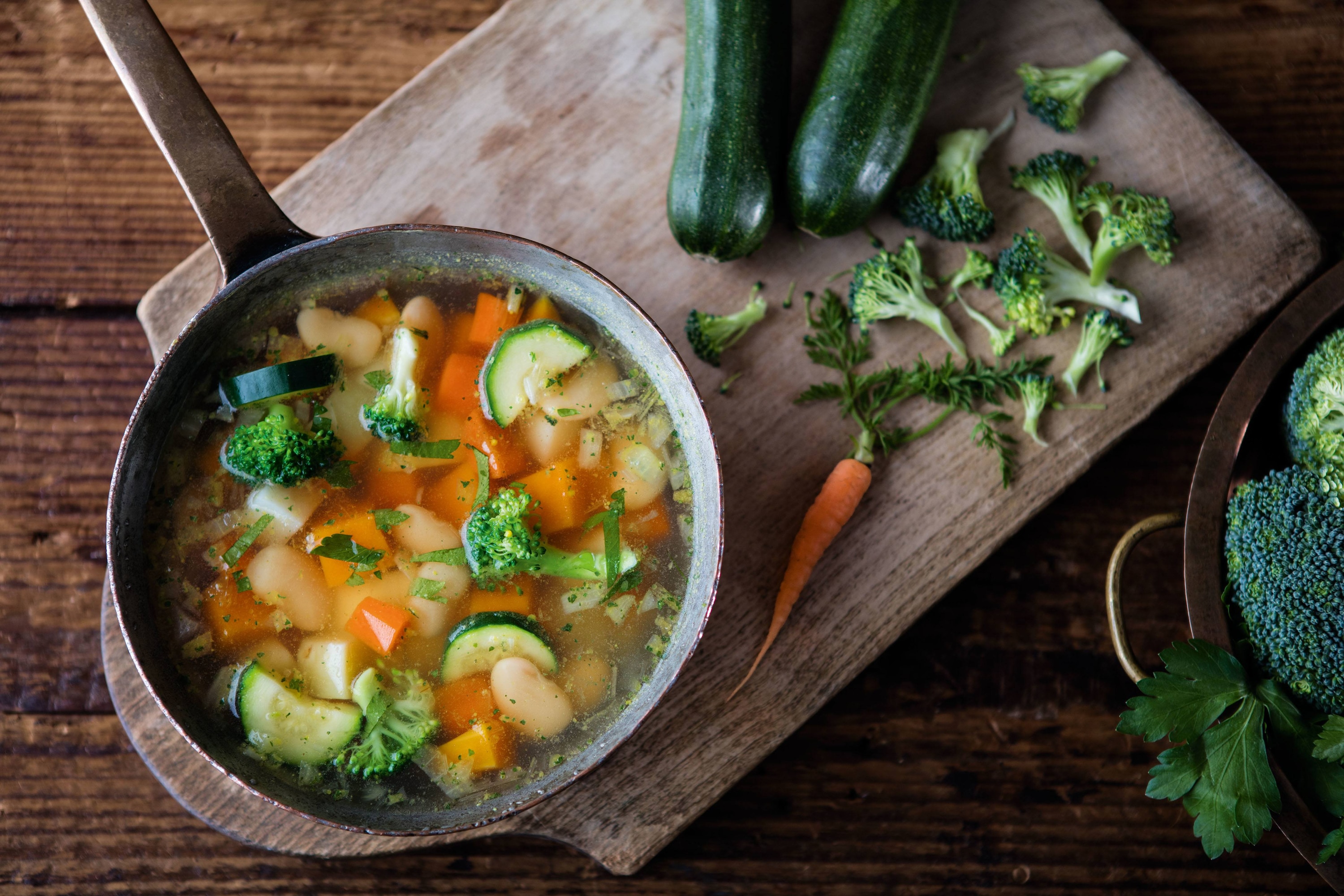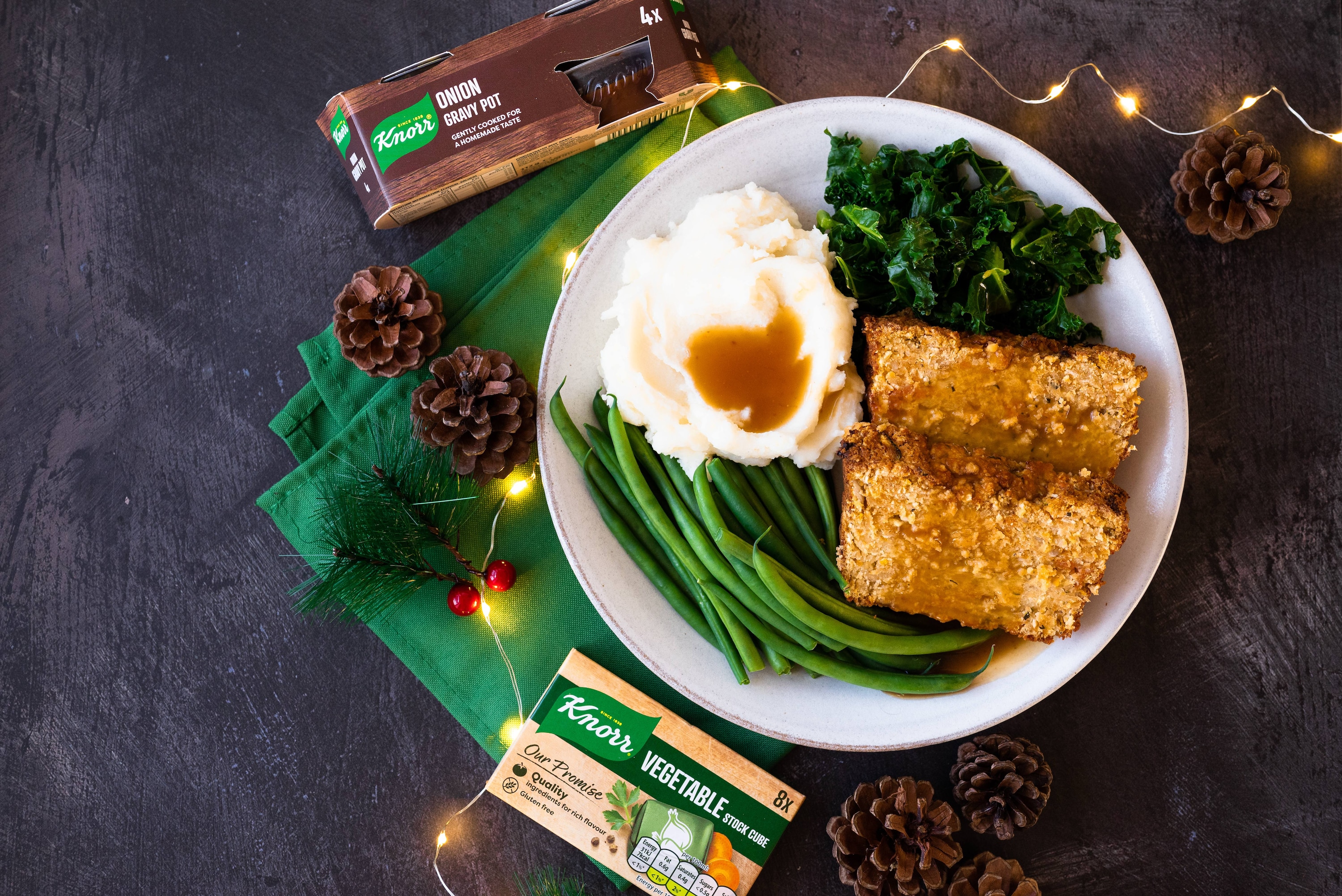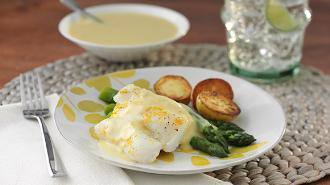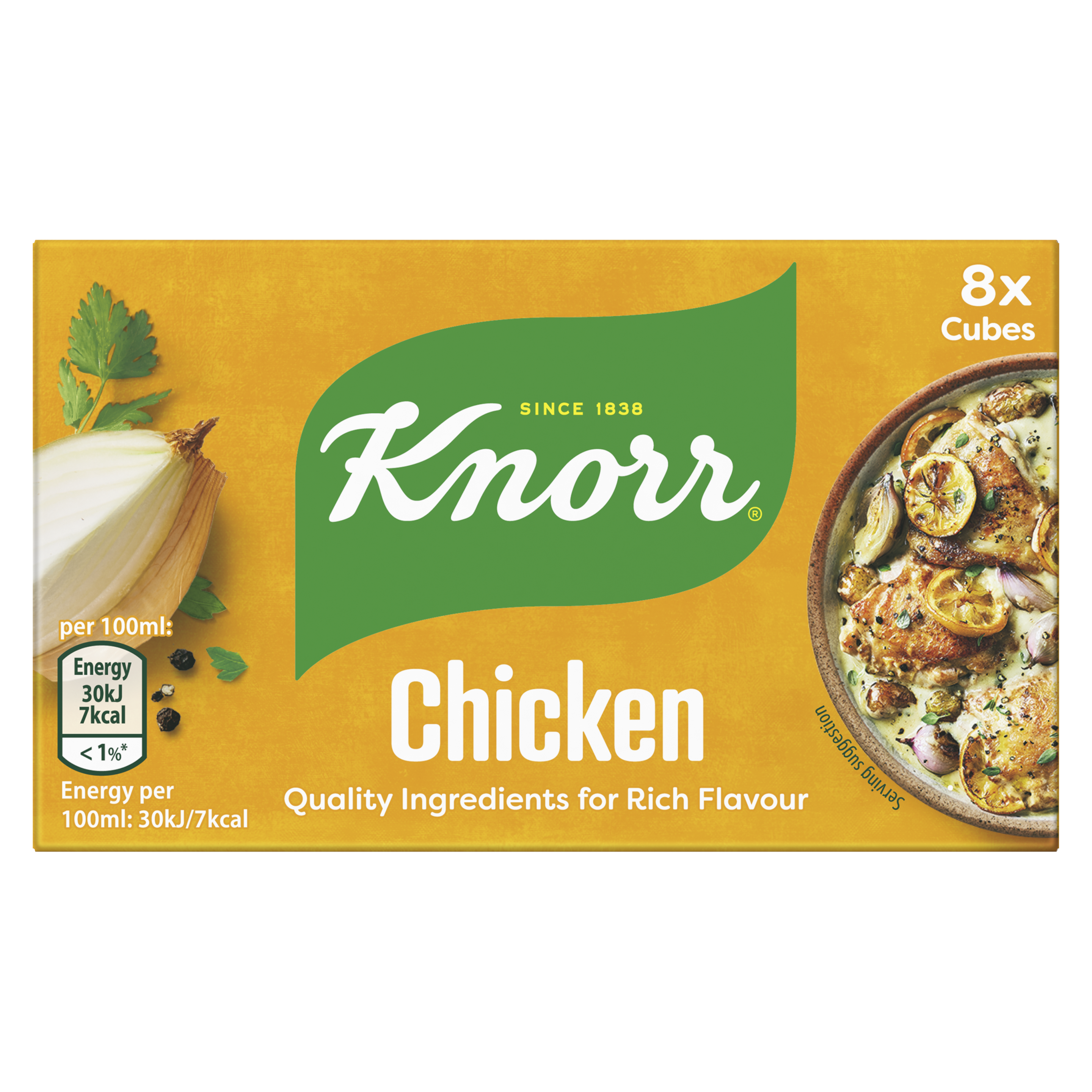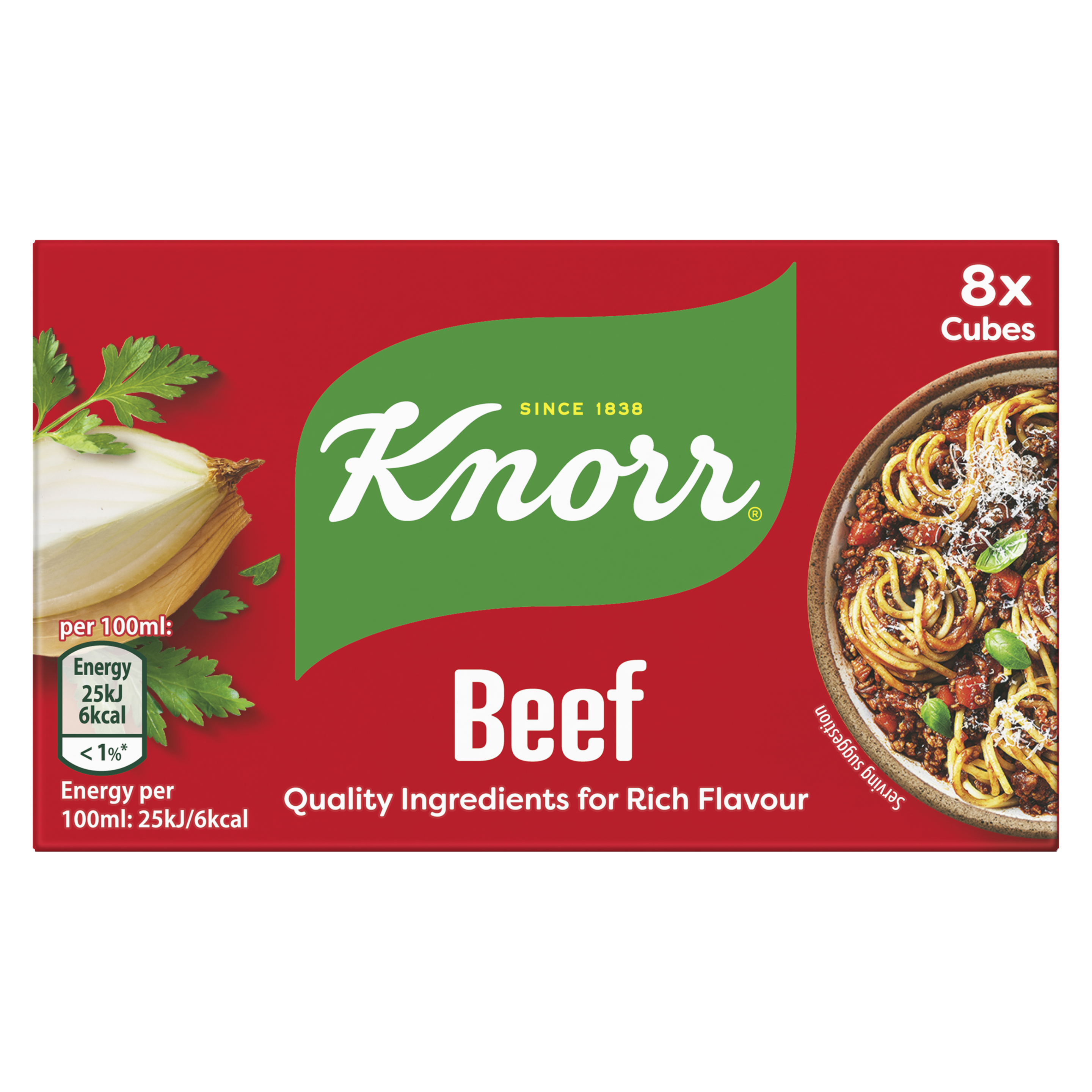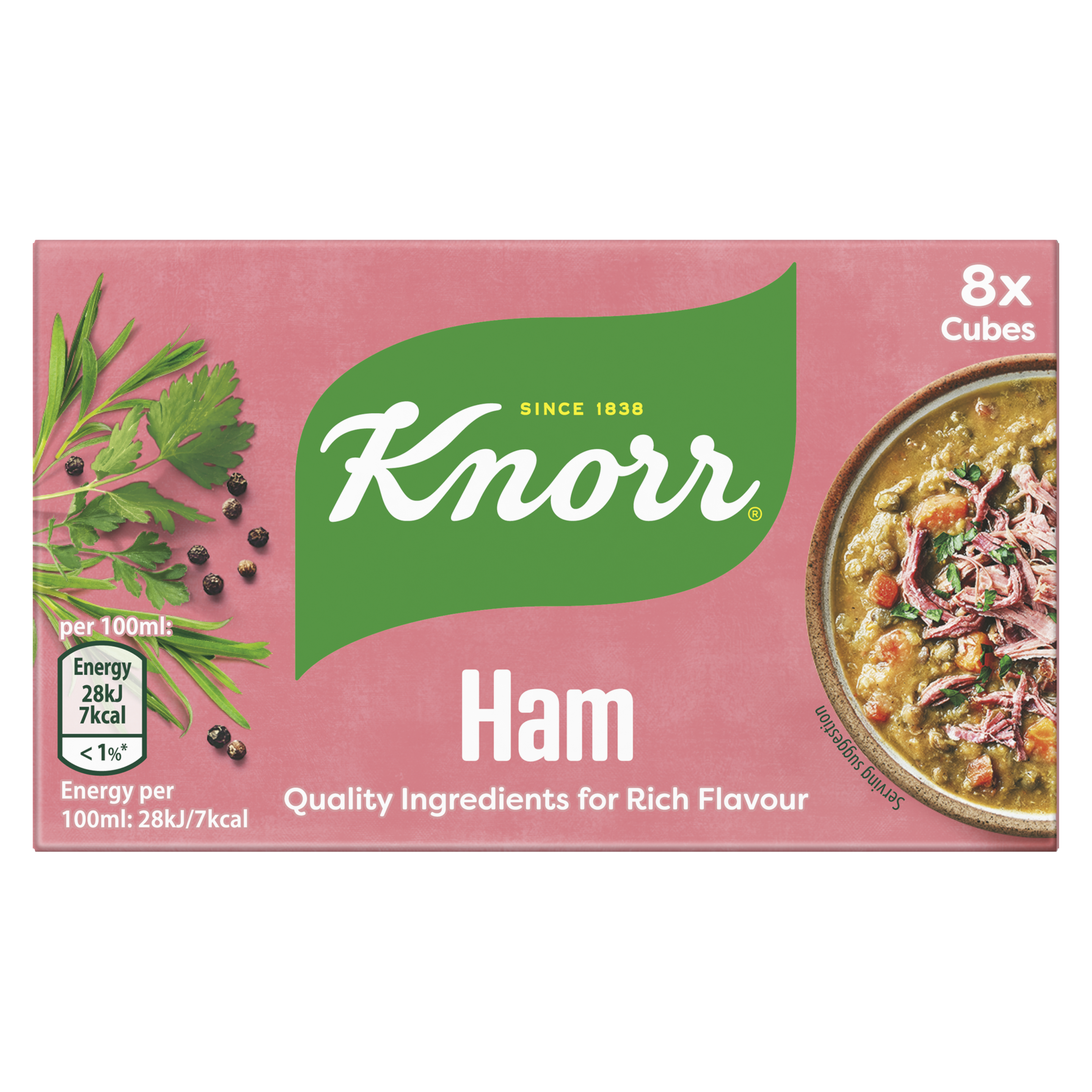Skip to:
This page provides a comprehensive guide to the vegan diet, explaining what it entails, its differences from vegetarianism, and why people choose it. It offers practical advice on obtaining essential nutrients, identifies who might need to avoid the diet, and highlights the variety of vegan ingredients and recipes available, all while maintaining Knorr's encouraging and playful brand tone.
Welcome to the delicious world of vegan cuisine! If you're curious about the vegan diet, you've come to the right place. We're serving up essential nutritional guidance and handy tips for vegan cooking, making it easier than ever to explore this increasingly popular way of eating.
In the UK, meals prepared entirely without animal products are no longer a niche option but a staple in many restaurants and cafes. You might be surprised by the sheer variety of dishes available, so much so that even non-vegans often find themselves enjoying vegan meals!
Dive in to discover everything you need to know about this special diet, including plenty of recipes for tasty vegan treats that will wow your taste buds.
The Vegan Diet
While often confused, veganism is distinct from vegetarianism. A vegan diet takes it a step further by completely excluding all animal products. This means saying goodbye to meat, fish, eggs, and dairy. When cooking or baking, you'll need to avoid ingredients like eggs, milk, cream, and butter. Even honey, produced by bees, is considered an animal product and is not permitted in a vegan diet.
It might sound challenging, but with the incredible variety now available in supermarkets, eating a vegan diet year-round without getting bored is entirely achievable! The key to successful vegan cooking is ensuring you get all the essential nutrients your body needs. For vitamin B12, which is primarily found in animal products, vegans can rely on fortified foods, special toothpaste, or dietary supplements. Iodized salt provides iodine, though it's important to be mindful of sodium intake. And don't forget vitamin D – getting more sunshine is a fantastic natural way to boost your levels!
The Differences Between A Vegetarian And A Vegan Diet
The core difference lies in the exclusion of all animal products. Vegetarians typically avoid meat and fish but may consume eggs, dairy, and sometimes even seafood (if they identify as pescetarians). Vegans, on the other hand, abstain from *all* animal-derived products, including eggs, dairy, and honey.
Vegan Diet: What Is Not On The Menu?
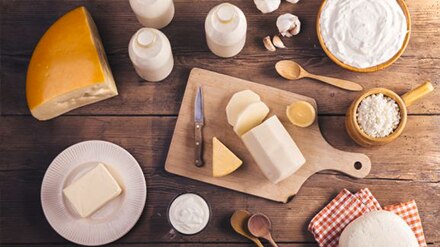
A vegan diet is entirely free from animal products. This means vegans avoid:
- Meat and Poultry: Including fish, chicken, beef, pork, etc.
- Animal By-products: Such as gelatine (often found in sweets and desserts), and broths or stocks made from animal bones.
- Dairy Products: Milk, cheese, yogurt, cream, butter, ice cream, and anything containing them.
- Eggs: Including those used as ingredients in baked goods or pasta.
- Honey: As it is produced by bees.
Why Choose A Vegan Diet?
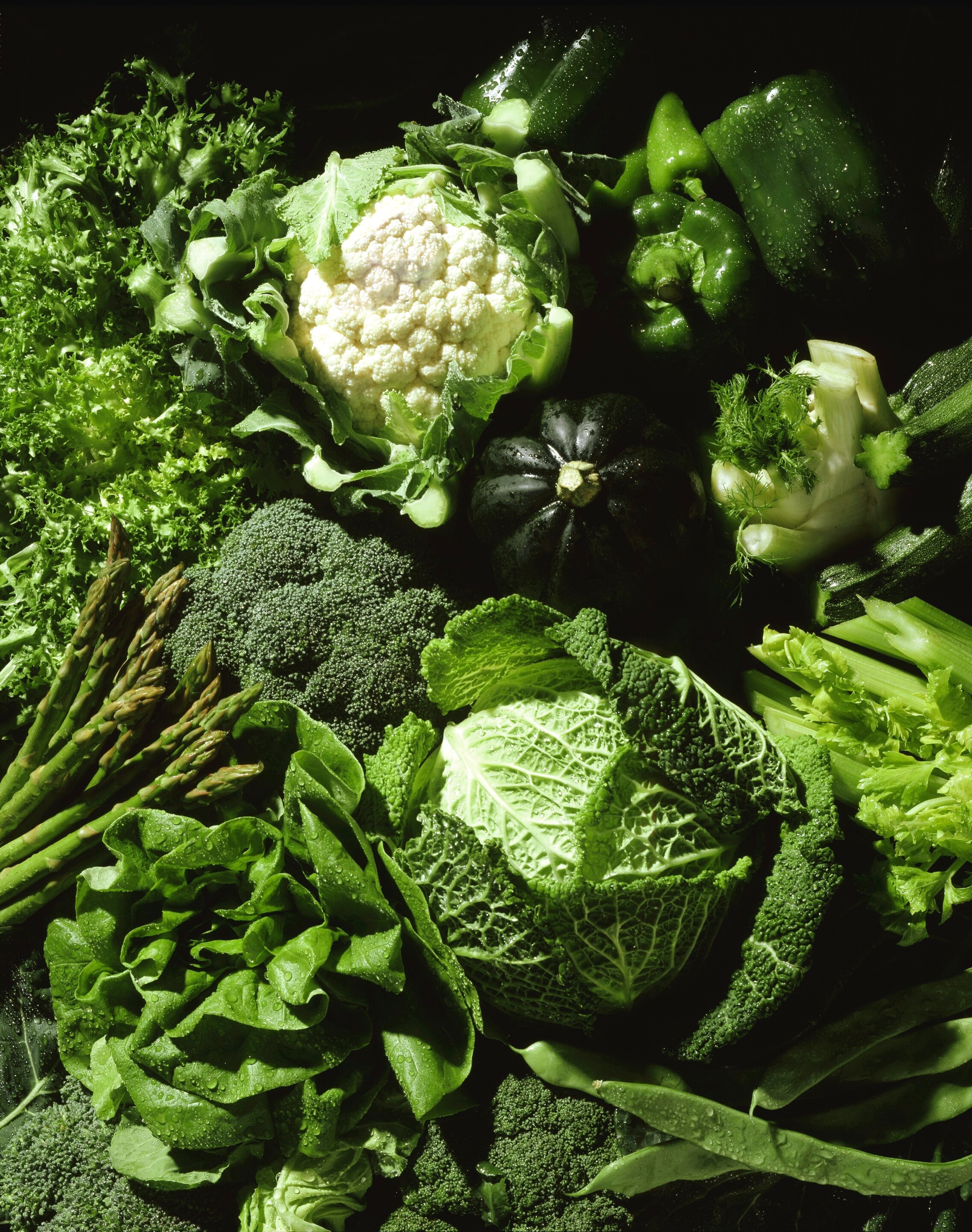
People choose a vegan lifestyle for a variety of compelling reasons. Many are driven by ethical considerations, stemming from a deep compassion for animals and a desire to reject practices that involve animal exploitation. They may question the arbitrary lines drawn between humans and animals and advocate for greater animal rights and a more balanced consideration of all living beings' interests.
Another significant motivator is environmental concern. The impact of 'factory' farming, including deforestation for grazing land and substantial water usage, prompts many to adopt a vegan diet as a way to reduce their ecological footprint and promote sustainability.
How Can Vegans Get The Nutrients They Need?
Ensuring a balanced intake of essential nutrients is key for vegans. Here’s how to get the nutrients often found in animal products:
- Calcium: Found in calcium-fortified plant milks and juices, calcium-rich mineral water, leafy green vegetables like broccoli, tofu, and nuts such as almonds, hazelnuts, and pistachios.
- Iron: Abundant in plant-based sources like legumes (beans, lentils), nuts, seeds, dried fruits, and whole grains. Absorption is boosted when consumed with vitamin C-rich foods (e.g., citrus fruits, bell peppers).
- B Vitamins (especially B12): Vitamin B12 is crucial and less common in plant foods. Vegans should consider B12-fortified foods (like some plant milks and cereals) or take a reliable B12 supplement. Regular blood checks are recommended to monitor levels.
- Protein: Easily obtained from sources like tofu, tempeh, lentils, beans, nuts, seeds, and whole grains.
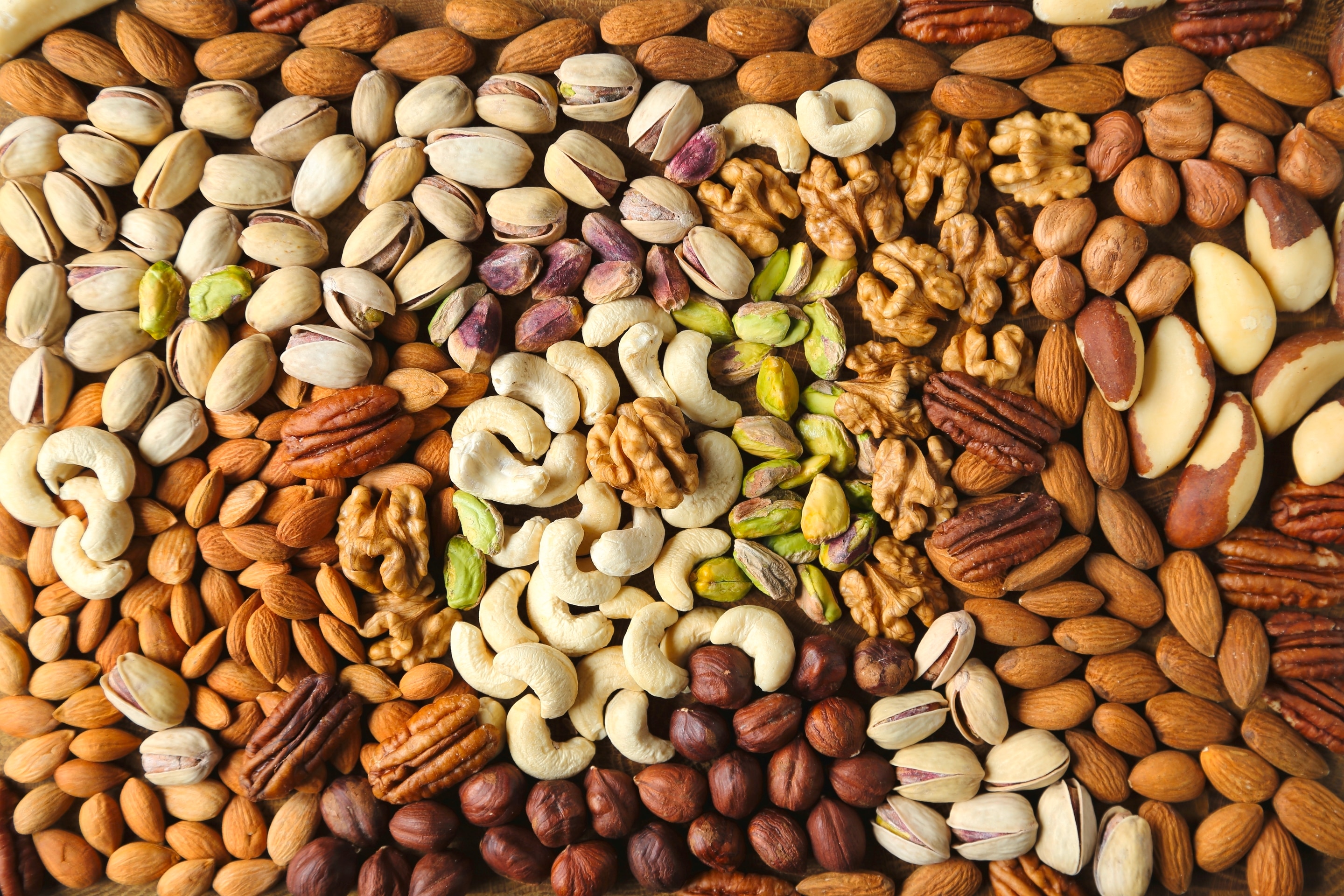
Who Should Avoid A Vegan Diet?
While a vegan diet can be healthy for many, certain groups may need to exercise caution or seek professional advice. Nutritionists often advise that a vegan diet might not be ideal for pregnant women, infants, and young children due to the potential increased risk of nutrient deficiencies during critical developmental stages. If you are considering a vegan diet and fall into one of these categories, or have any health concerns, it's always best to consult with your doctor or a registered dietitian to ensure your nutritional needs are met.
Quick Vegan Recipes
Think vegan cooking is complicated? Think again! Just like traditional cooking, vegan cuisine offers a huge spectrum of recipes, from elaborate feasts to super quick and easy weeknight meals. Craving something fresh and crunchy? How about a hearty soup or a comforting casserole? Whatever your taste buds desire, there's a delicious vegan recipe waiting for you. And yes, even decadent cakes and desserts can be whipped up entirely without animal products – surprising, isn't it?
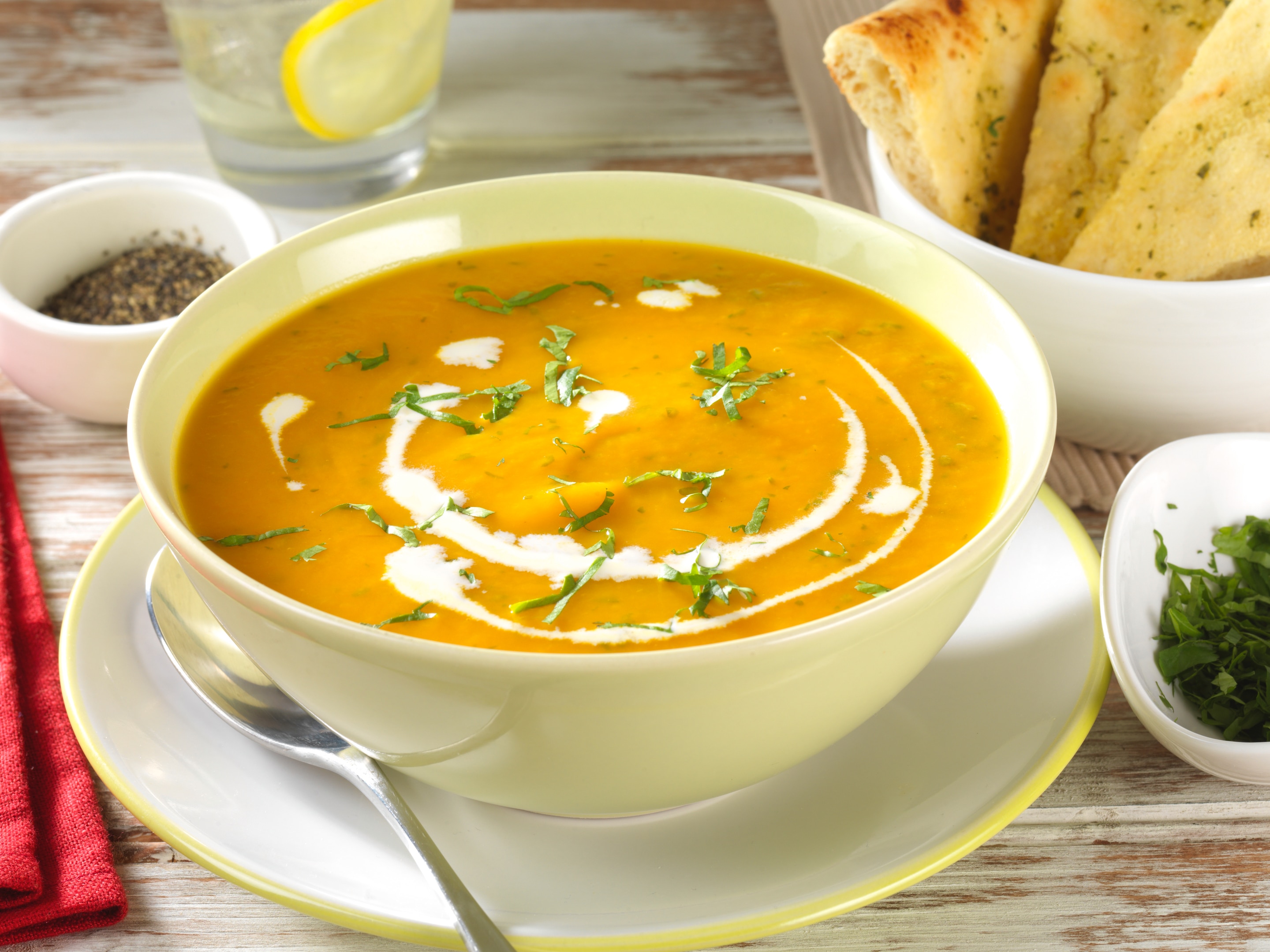
Vegan Ingredients
Embarking on vegan cooking means embracing a world of fantastic ingredients! You'll primarily use foods that are naturally vegan, such as:
- Fruits and Vegetables: The vibrant foundation of countless dishes.
- Legumes: Beans, lentils, peas – powerhouses of protein and fiber.
- Nuts and Seeds: Offering healthy fats, protein, and satisfying crunch.
Beyond these staples, the market is brimming with innovative vegan alternatives designed to replace traditional dairy, egg, and meat products. Look out for:
- Tofu and Tempeh: Versatile plant-based proteins.
- Vegan Cheese & Yogurt: Delicious dairy-free options.
- Plant-Based Milks: Soy, almond, oat, coconut, and more.
- Egg Replacers: Including egg-free noodles and baking mixes.
- Confectionery: Many sweets now use vegetable gums instead of gelatine.
The growing demand for vegan options means you'll find an ever-expanding array of animal-free products in most supermarkets and health food shops. As a delightful example, Knorr is proud to offer products like Flora Freedom, a versatile dairy-free and vegan spread perfect for spreading, cooking, and baking!
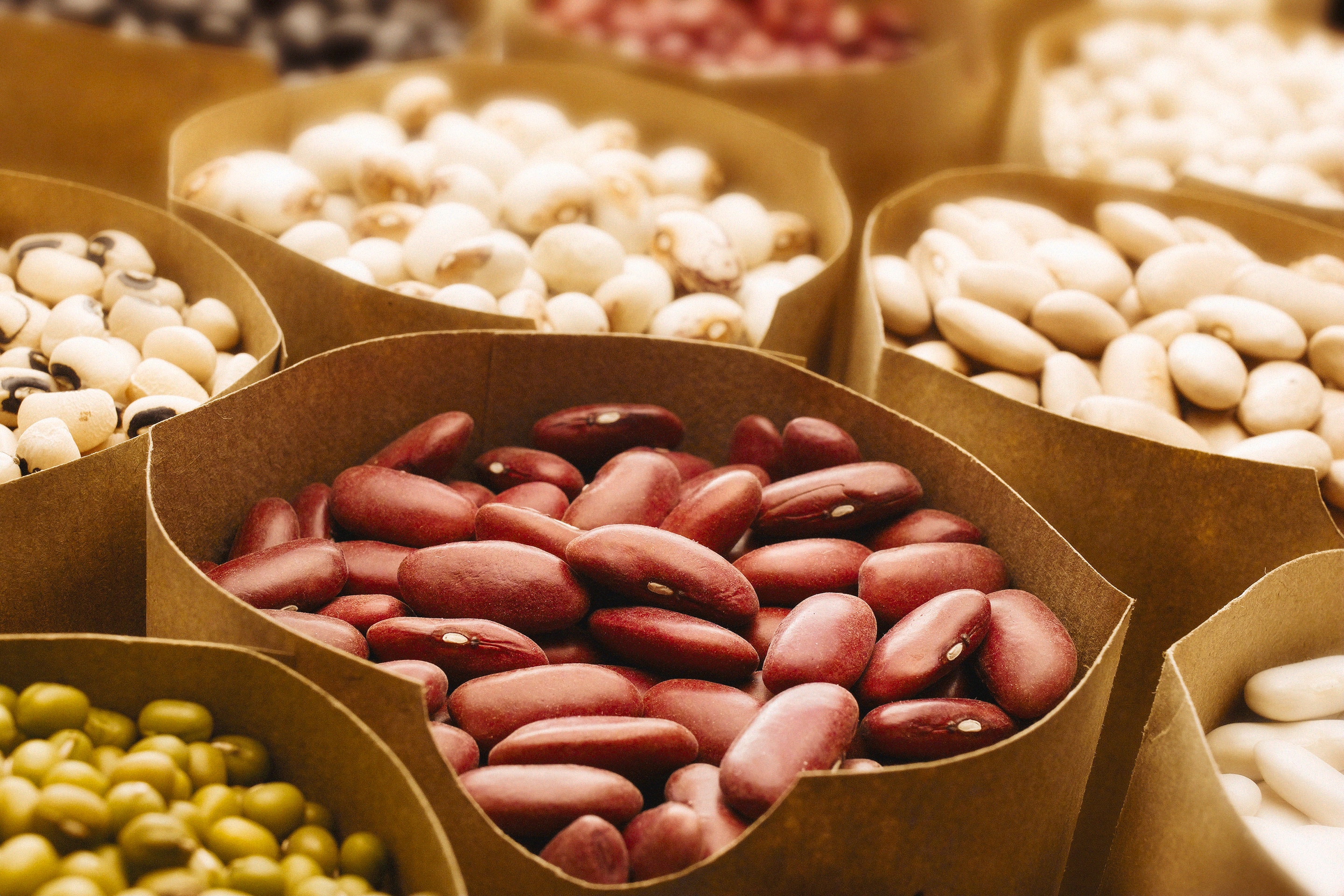
Conclusion
Embracing a vegan lifestyle often extends beyond the kitchen. For many, it's a commitment to rejecting all forms of animal exploitation. This can mean abstaining from hunting and fishing, and choosing clothing and accessories free from leather, fur, wool, or silk. It also involves being mindful of personal care products, ensuring make-up, soaps, and lotions are made with animal-free ingredients and are cruelty-free (not tested on animals). Items like down comforters are typically avoided, and many vegans also choose to steer clear of entertainment that involves animal displays, such as circuses, zoos, and horse racing.
Similar articles
A little inspiration
30 Results
-
![Aromatic Butternut and Mushroom Tagine 1 H 25 MINS recipe]()
Aromatic Butternut and Mushroom Tagine
-
CookingTime60 MINS
-
Difficulty Easy
-
PreparationTime25 MINS
-
Servings 6
people
-
-
![Knorr Vegetable Soup for Vegans 25 MINS recipe]()
Vegetable Soup for Vegans
-
CookingTime15 MINS
-
Difficulty Easy
-
PreparationTime10 MINS
-
Servings 4
people
-
